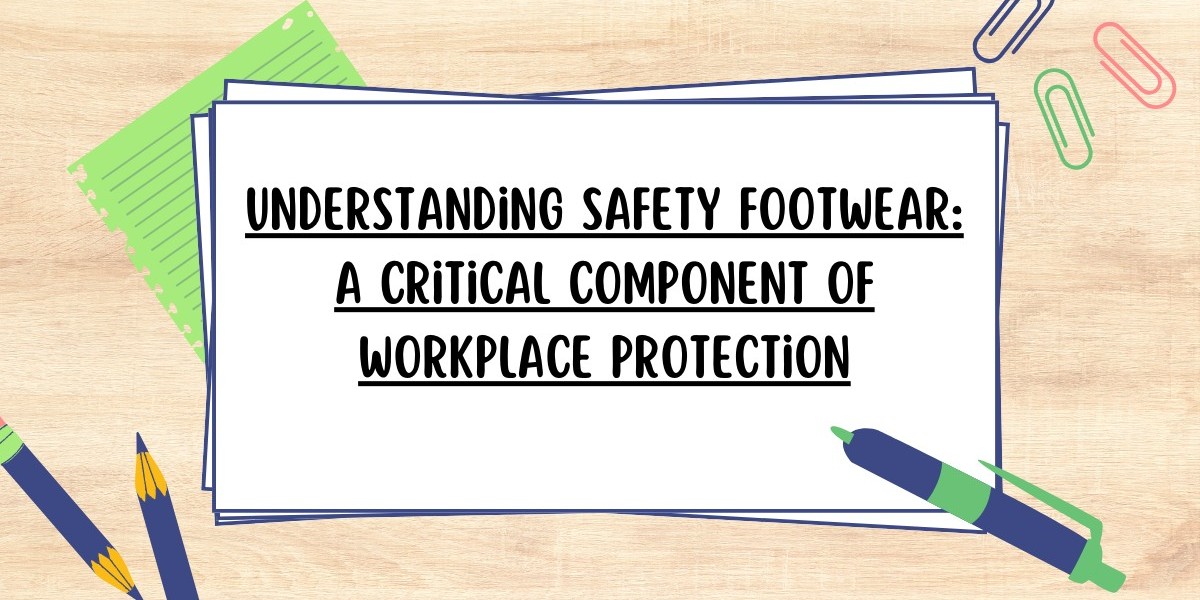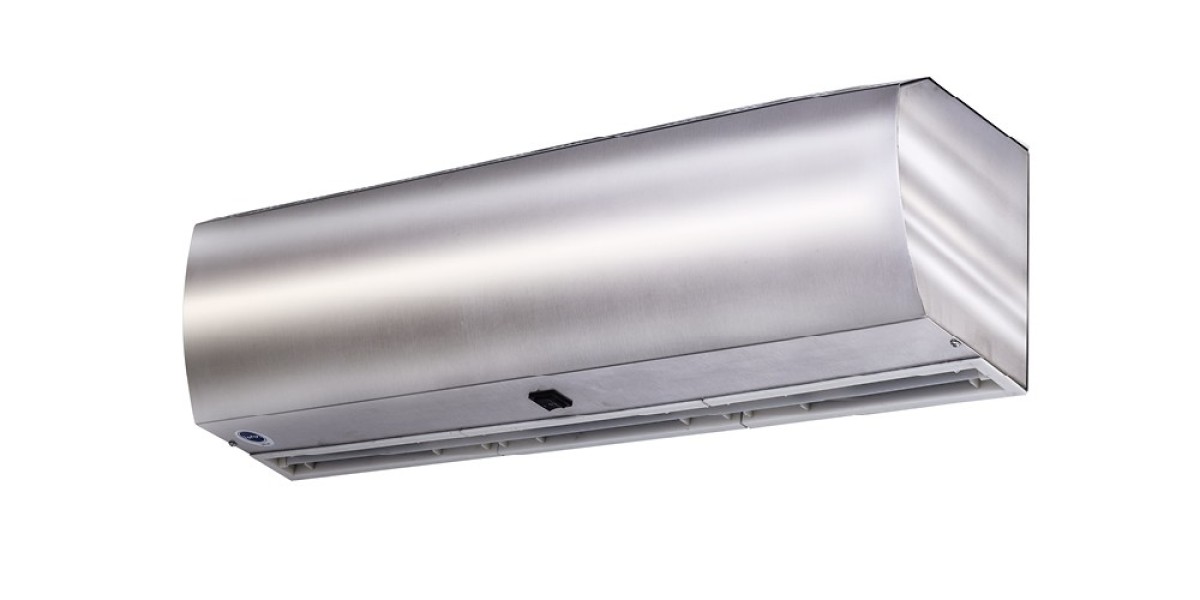If you're thinking about buying or selling shares in a company, there’s one key document you’ll need to understand — the Share Purchase Agreement, often called an SPA. While it might sound complex at first, this guide will break it down in a simple and easy-to-understand way, perfect for beginners.
What Is a Share Purchase Agreement?
A Share Purchase Agreement (SPA) is a legal document that outlines the terms and conditions for buying and selling shares in a company. It’s a contract between a buyer and a seller, stating how many shares are being sold, at what price, and under what terms.
In short, it’s the formal paperwork that makes a share deal official and protects both parties during the process.
Why Is a Share Purchase Agreement Important?
Buying or selling shares involves money, ownership, and responsibility. An SPA ensures that:
Both parties clearly understand their rights and obligations.
The buyer knows exactly what they are purchasing.
The seller is protected against future disputes or liabilities.
The agreement is legally binding, providing protection under the law.
Without an SPA, the transaction can lead to confusion or legal trouble later on.
Key Elements of a Share Purchase Agreement
An SPA includes several important details. Let’s look at the main ones:
1. Parties Involved
The agreement starts by identifying the buyer and the seller. If it’s a business entity (like a company), the official name and registration number are included.
2. Details of the Shares
This part specifies:
How many shares are being sold
The type or class of shares
The company they belong to
It ensures there’s no confusion about what’s being transferred.
3. Purchase Price
The SPA clearly mentions how much the buyer is paying for the shares, and how the payment will be made (e.g., cash, bank transfer, or installments).
4. Warranties and Representations
These are promises made by the seller about the condition of the business. For example:
The company’s financial statements are accurate
The shares are legally owned by the seller
There are no hidden debts
Warranties help the buyer make an informed decision and reduce risk.
5. Conditions Precedent
Sometimes, certain conditions must be met before the deal can be completed. These might include:
Getting approval from company directors
Regulatory permissions
Clearing debts or legal issues
These conditions help ensure the transaction is smooth and secure.
6. Completion Date
This is the official date when the ownership of shares is transferred to the buyer and payment is made.
7. Indemnities
An indemnity is a promise to compensate if certain losses occur after the sale. For example, if a tax problem from the past arises after the sale, the seller might have to pay for it.
8. Post-Completion Obligations
Sometimes the SPA will include instructions for what happens after the deal, such as:
Notifying the Registrar of Companies
Updating shareholder records
Transferring management control
When Do You Need a Share Purchase Agreement?
You need an SPA whenever there is a transfer of shares in a company, especially when:
You are buying a company by acquiring all its shares
You're selling part of your ownership to someone else
Two businesses are entering into a partnership or merger
An investor is buying equity in your business
Even if the transaction is between friends or family, it’s always safer to have a written agreement in place.
Difference Between Share Purchase Agreement and Asset Purchase Agreement
It’s easy to confuse a Share Purchase Agreement with an Asset Purchase Agreement (APA). Here’s the difference:
SPA: Buyer is purchasing ownership in the company by acquiring its shares.
APA: Buyer is purchasing specific assets of a business (like equipment, property, or IP) but not the company itself.
In short, an SPA transfers the business as a whole, while an APA transfers only selected parts of it.
Benefits of a Share Purchase Agreement
Here are some key advantages:
Clarity: Everything is clearly documented — price, terms, obligations, timelines.
Legal Protection: Reduces risk of disputes or fraud.
Customizable: Can be tailored to suit the needs of both buyer and seller.
Proof of Transfer: Acts as a record of the transaction for legal and tax purposes.
Can You Draft a Share Purchase Agreement Yourself?
Technically, yes — but it's not recommended unless you have legal experience. An SPA involves legal language and clauses that need to be accurate. A small mistake can lead to big problems later.
It's best to consult a legal expert or corporate lawyer to draft or review the agreement to make sure everything is in order.
Things to Keep in Mind
Here are some tips for both buyers and sellers:
Do your due diligence: Buyers should carefully check the company’s financials, legal status, and liabilities before signing.
Negotiate terms: Don’t accept standard terms blindly. Make sure they protect your interests.
Get everything in writing: Verbal promises don’t hold up in legal disputes.
Review before signing: Always read the agreement carefully and clarify anything you don’t understand.
Final Thoughts
A Share Purchase Agreement may sound like legal jargon, but it’s actually a practical and necessary tool when buying or selling shares in a company. It protects everyone involved and ensures the transaction is smooth, clear, and legally sound.
Whether you’re a business owner looking to bring in investors or an individual investing in a company, understanding how an SPA works is an essential part of the process. If you're unsure, don't hesitate to seek legal advice it's always better to be safe than sorry.
FAQs
Q. Is a Share Purchase Agreement mandatory?
It’s not always required by law, but it is highly recommended for legal and financial protection.
Q. Can I cancel a Share Purchase Agreement?
Yes, but only under certain conditions — like if a clause allows it or if a condition precedent is not met.
Q. Who prepares the Share Purchase Agreement?
Usually, it’s prepared by the seller’s lawyer, but both parties should review and approve it before signing.









